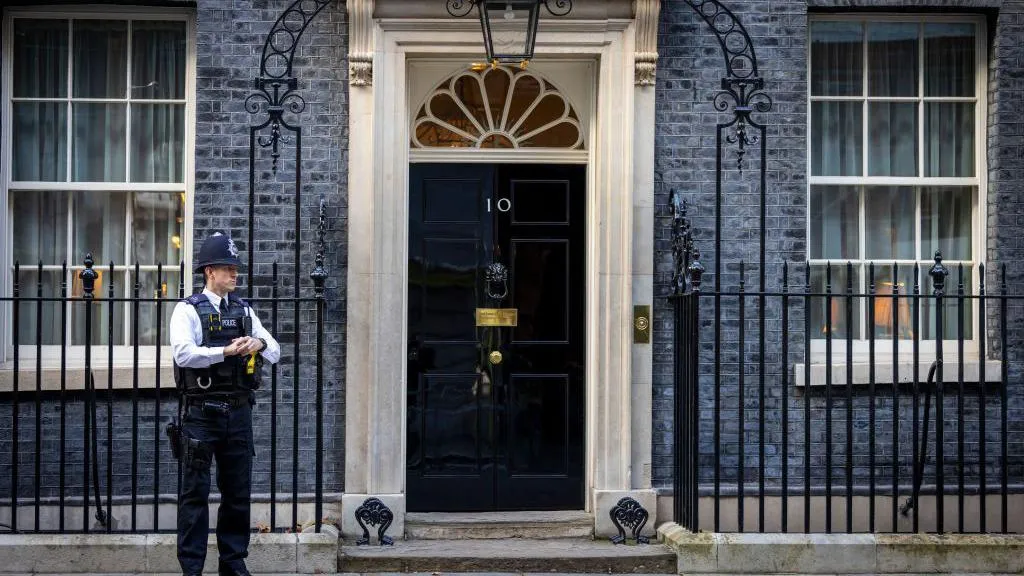
Monzo allowed customers to open accounts from everywhere including Buckingham Palace … with no authentication
Digital bank Monzo has just been fined £21 million by the UK regulator, the Financial Conduct Authority (FCA), after onboarding customers claiming to live at 10 Downing Street, Buckingham Palace and even its own premises. A lack of address verification meant it failed to spot the "implausible" use of London landmarks on applications to open accounts.
It may be an issue of the past, as the bank said the regulator's findings related to problems dating back more than three years and vast improvements had since been made to its systems. Bear in mind Monzo had grown from around 600,000 customers in 2018 to over 5.8 million in 2022. Just that a few of them were fake and spoof accounts.
Some of this also relates to the transfer from being a prepaid card service to a fully licensed bank. When Monzo started, it was just a payment service. The issue is that it converted to a full banking service after getting a license in 2017 and, in the process, did not re-onboard customers with the appropriate checks and balances. They just converted prepaid card users to full bank accounts, and that’s how these issues slipped through the net … or maybe that should be “slipped through the network”.
This is why the FCA’s investigation found that Monzo had failed to verify customers’ addresses between October 2018 and August 2020. This was the period the now fully-fledged bank converted prepaid card accounts to full service bank accounts.
The FCA knew about this failure and imposed a requirement preventing Monzo from opening new accounts for high-risk customers in 2020. Surprisingly therefore, the new investigation found that the challenger bank repeatedly failed to comply with the terms of the requirement, including signing up over 34,000 high-risk customers between August 2020 and June 2022.
The issue here is growing customers versus managing risk.
Therese Chambers, FCA joint executive director of enforcement and market oversight, said: “Banks are a vital line of defence in the collective fight against financial crime. They must have the systems in place to prevent the flow of ill-gotten gains into the financial system. Monzo fell far short of what we, and society, expect.
“Monzo onboarded customers on the basis of limited, and in some cases, obviously implausible information – such as customers using well known London landmarks as an address. This illustrates how lacking Monzo’s financial crime controls were. This was compounded by its inability to properly comply with the requirement not to onboard high-risk customers.”
Monzo were quite lucky to only be fined £21 million, as it was discounted 30% thanks to their response to the issues raised. Monzo has since “established and completed a financial crime change programme to remediate and enhance its wider financial crime control framework in line with recommendations made in the independent review”, the FCA said.
Monzo chief executive TS Anil said that “the FCA’s findings relate to a historical period that ended three years ago and draw a line under issues that have been resolved and are firmly in the past.”
He went on to say: “I’m pleased the FCA recognises the significant investments we have made, as well as our ongoing commitment to managing these risks today, as we go from strength to strength as a business approaching 13 million customers.
“Financial crime is an issue that affects the entire industry – and at Monzo, we have the right team, best-in-class technology and an unwavering commitment to doing all we can to stop it in its tracks,” Anil added
This is the 10th fine the FCA has imposed on a bank for financial crime control failings in the last 4 years. For example, the FCA fined Starling Bank £29 million last year for its “shockingly lax” screening of higher risk customers.
Postscript: this was something I blogged about four years ago
Chris M Skinner
Chris Skinner is best known as an independent commentator on the financial markets through his blog, TheFinanser.com, as author of the bestselling book Digital Bank, and Chair of the European networking forum the Financial Services Club. He has been voted one of the most influential people in banking by The Financial Brand (as well as one of the best blogs), a FinTech Titan (Next Bank), one of the Fintech Leaders you need to follow (City AM, Deluxe and Jax Finance), as well as one of the Top 40 most influential people in financial technology by the Wall Street Journal's Financial News. To learn more click here...

